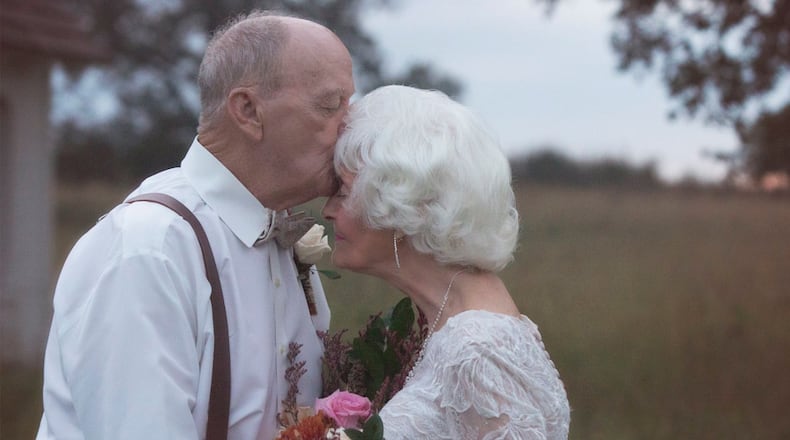Expect an adjustment period after retirement.
If one or more of you has recently retired, expect a period of adjustment of a few weeks or months to transition to your new normal, U.S. News & World Reports says. Communicate your feelings to each other and give yourselves time to decompress and adjust to the changes you’re experiencing.
Postpone any major decisions for six months to a year after retirement.
Retirement can be an emotionally challenging change that takes time to adjust to, so you and your spouse should wait about six months to a year before making any major changes, Psychology Today warns. Think through any big decisions carefully and talk about them first. Couples can argue more shortly after retirement, leading them to conclude their marriage is in trouble. Or the change in income may spur a move to a location with a lower cost of living. Whatever the case, hasty decisions should be avoided.
Watch for pronounced changes.
Even if you were looking forward to and planned carefully for retirement, it’s still a big adjustment. Psychology Today suggests watching out for any changes in thoughts, feelings and behaviors, such as drinking more alcohol or getting upset more easily. If you notice any problematic changes in you or your spouse, try some coping strategies such as journaling, spending time in nature or seeing a therapist. You can also help support each other by taking a walk together and taking turns sharing how retirement is going for you.
Address your existing issues.
When you still have kids in the home, you might put issues on the backburner only to have them flare up when the kids move out, according to prevention.com. A marriage that’s already unstable may have more conflict or distance, so it’s best to address these problems – with the help of a couples therapist if needed – to ensure you have a healthy relationship.
Don’t think you need to be joined at the hip.
Senior couples shouldn’t feel as though they need to spend every waking moment together. U.S. News & World Report recommends that spouses maintain some separate friendships and have some interests of their own. You may find that you can now rediscover some hobbies and pastimes that you wanted to pursue now that you have more time post-retirement.
Renew your vows.
If you and your spouse have been married for a long time, you’re not the same people you were when you first took your vows, prevention.com says. Think about why you want to continue as a couple and what you want going forward. Renew your vows with a “we do” rather than an “I do” to ensure you’re both committed to many more years of a happy marriage.
About the Author
